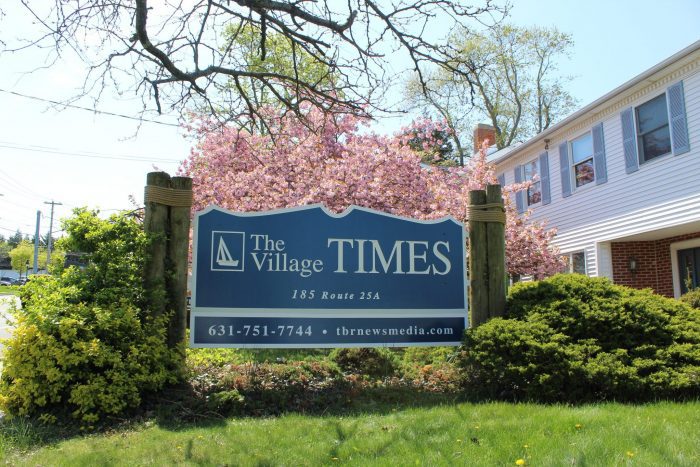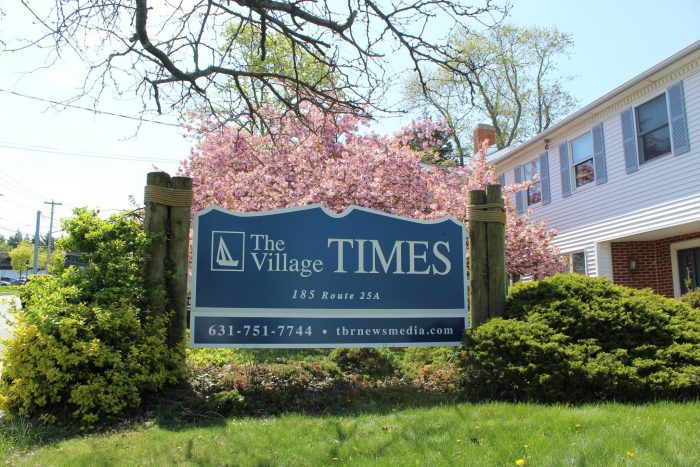A haiku for your consideration
August
South Shore cousins want
tough soles negotiating
Pretty sound beaches
Joan Nickeson
Terryville
Thank you, Father Pizzarelli
It warmed my heart to read Father Francis Pizzarelli’s moving tribute honoring Father Gerald Fitzsimmons, who passed away in July [“Plain Talk: The loss of a bridge builder,” Aug. 8, Arts & Lifestyles, TBR News Media]. Father Fitz, as he was known, was our pastor at St. Mary Gate of Heaven R.C. Church and grade school in Ozone Park, Queens, during my childhood. He was known to be kind and understanding. Years later, he performed our wedding ceremony there in 1986 and, coincidentally, passed away on our anniversary.
I met Father Pizzarelli in junior high school when he was still “Brother Frank” at SMGH. My grade made our holy confirmation under his guidance where we forged unbreakable bonds between our classmates. We were challenged to “dare to be different” as we make our way through life, and we all took that very seriously.
I’m happy to know that these two extraordinarily compassionate faith leaders were able to spend many years working and supporting each other. Their work has been a blessing to those in need and an inspiration to many more.
Father Fitz will be missed and I feel fortunate to have known him.
Joan Loscalzo Dickinson
Lake Grove
Setting the record straight: the real story behind West Meadow Beach cottages
I would like to address John Hover’s response to my letter to the editor regarding the West Meadow Beach cottages [“Gratitude not complaints,” Aug. 8, The Village Times Herald].
While Mr. Hover is entitled to his perspective, his characterization of the cottage community as one of privilege and exclusivity is not only inaccurate but also deeply unfair to the families who cherished this place for generations.
The cottages at West Meadow Beach were not the domain of the privileged or politically connected. They were a special place for ordinary families who built memories and passed down traditions. To dismiss their attachment as mere privilege is to overlook the genuine love and dedication these families had for West Meadow Beach, whose loss is profound and personal. What’s truly strange and sad is the lack of appreciation, compassion and sensibility toward the pain caused by an extreme and unnecessary legislative action led by political activists, contrary to the narrative used to justify their actions. More troubling is the fact that these people are still doing victory laps two decades later, without any appreciation for the history.
Originally private property, the land at West Meadow Beach was settled in the 17th century as part of the larger Setauket settlement, one of the earliest communities on Long Island. By the late 19th and early 20th centuries, West Meadow Beach had become a popular area for summer cottages, where families built seasonal homes and enjoyed the natural beauty of Long Island. Over time, the Town of Brookhaven began acquiring this land, and by the mid-20th century the cottages were on town-owned land leased to families under long-term agreements.
However, starting in the 1960s and 1970s, legal battles emerged over the ownership and use of the land, often framed as environmental concerns. While some pushed for expanded public beach access, which could have been a reasonable compromise, the political activists were not satisfied. They pursued the complete removal of the cottages, pushing for the land to be reclassified as public parkland, which paved the way for the destruction of the cottages. This reclassification was achieved in 1996, when the New York State Legislature passed legislation under the guise of environmental preservation.
However, the true intent of these activists was not to protect the environment but, in fact, to destroy the cottages. This represents a clear case of political lawfare and abuse of office as the actions taken were not for the public good but to satisfy their political agenda. This counters the narrative that the cottages were occupied by a well-connected elite when, in fact, it was the well-connected activists who orchestrated this outcome. Yet somehow, Mr. Hover suggests that those who lived in the cottages should be “quietly grateful” for the time until their land was seized.
The scarcity of these cottages should not be mistaken for exclusivity. Anyone who was interested was eligible to secure a cottage for a modest price. This was not a community of elites but of everyday people who found solace and joy in a simple, beautiful place.
It’s important to remember that the value of heritage and tradition cannot be easily quantified. The families who occupied these cottages did not view them merely as their property but as a legacy, a connection to the past that is increasingly rare in today’s transient, Airbnb-driven culture. The cottages, unlike the opulent mansions in neighboring Old Field, were humble homes that provided a retreat for everyday people. The families who occupied the cottages were stewards of this land, not exploiters of it. Contrary to the false narratives used to justify the actions taken, it’s about more than land — it’s about losing a place that held the stories of their lives. The loss was not because they felt entitled to it, but because a beloved piece of their history was taken from them.
The cottages were rare and precious, and the people who loved them were not motivated by privilege, but by a deep connection to the community and their family heritage.
Jen Schaedel
Stony Brook






